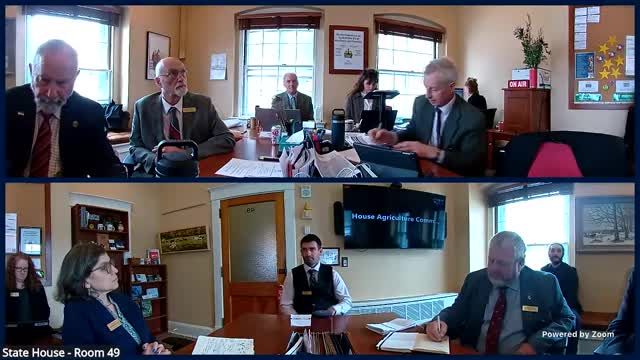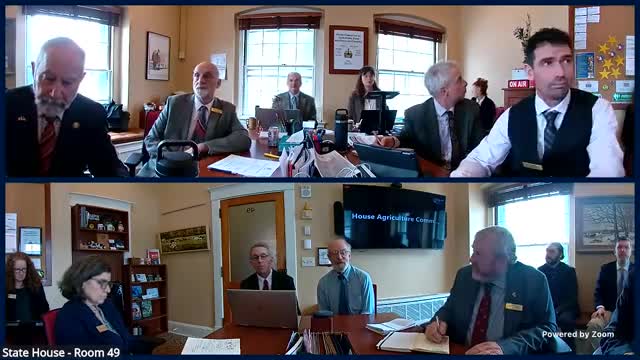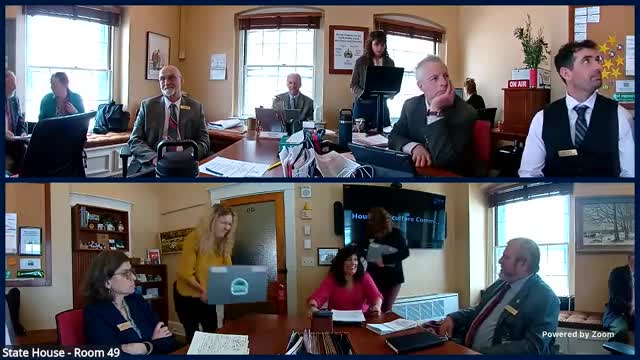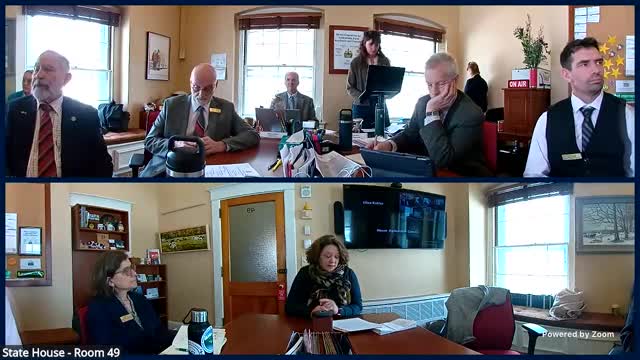Article not found
This article is no longer available. But don't worry—we've gathered other articles that discuss the same topic.

Burt introduces bill to loosen current‑use eligibility and lower land‑use change tax

Masland introduces bill to reduce current‑use benefit for posted parcels

Forest, Parks and Recreation presents $54.8 million budget with rising federal grants and operating costs

